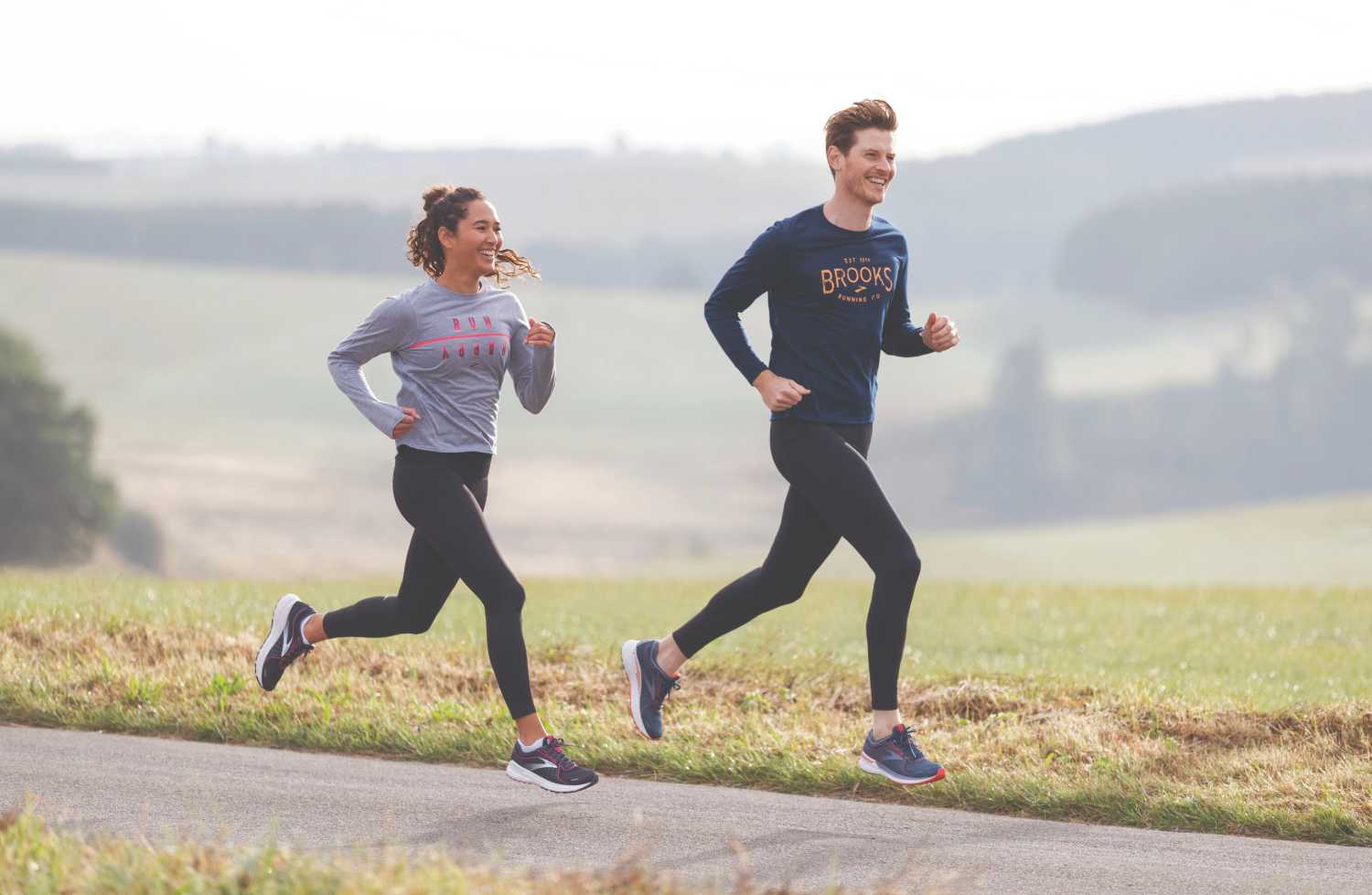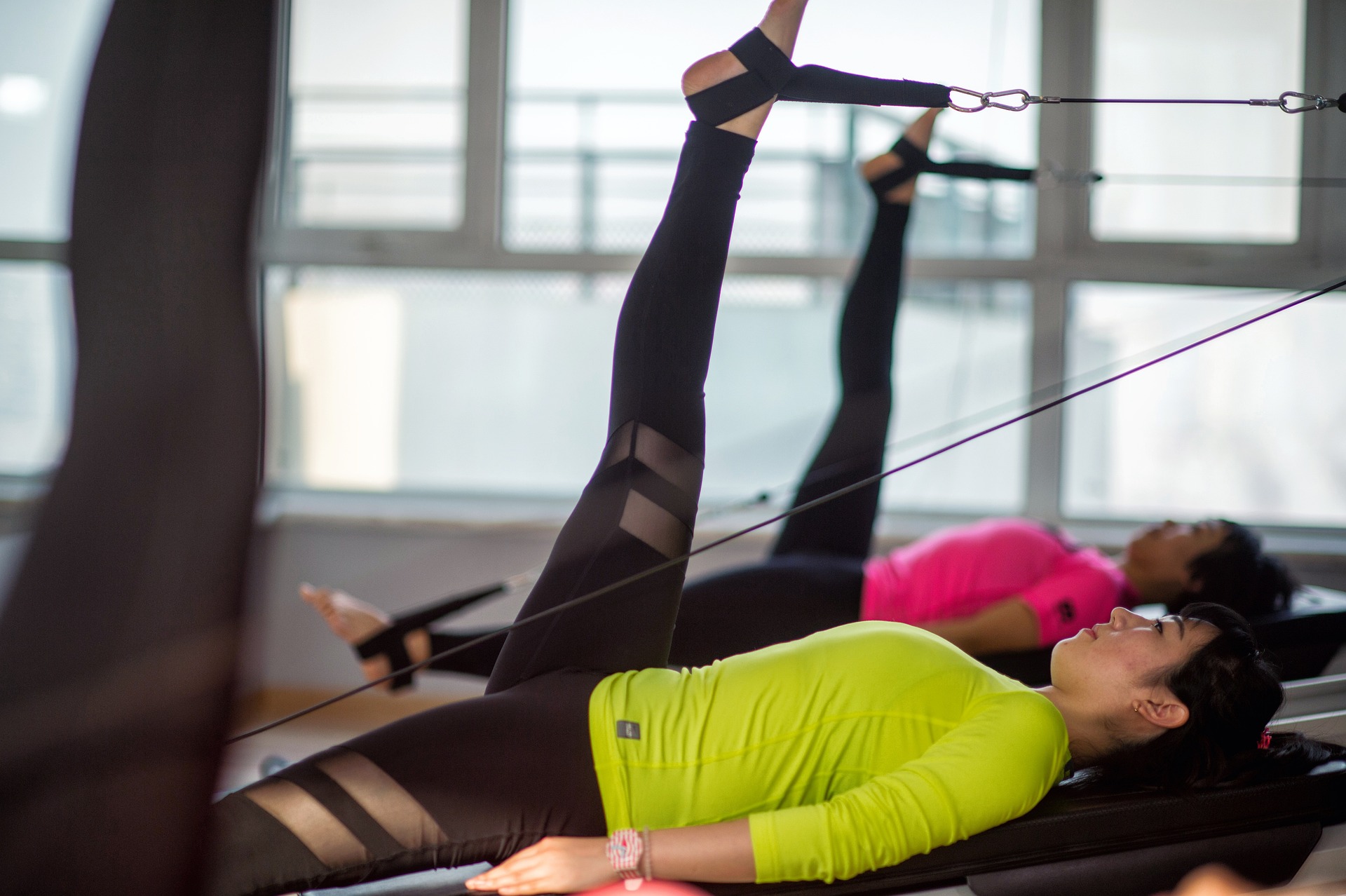When it comes to nutrition and training, knowing when and what to eat and also when and how to train can make all the difference in getting the most out of their efforts.
Food and exercise go hand in hand. When and what you eat can be important to how you feel during exercise, whether it’s a casual workout or training for a race. Similarly, the type of training and its time during the day can influence what you want to eat, what should be eaten and what should not be ingested in any way.
Nutrition and training: 5 tips to get the most out of it
Here then 5 tips on nutrition and training to keep in mind every day.
1. Eat a healthy breakfast
If you exercise in the morning, get up early enough to finish breakfast at least one hour before training, if your need is to be well stocked up before training. Some studies suggest that eating or drinking carbohydrates before training can improve performance and allow you to train longer or with greater intensity. If you don’t eat, you may feel sluggish or lightheaded when you exercise.
If you plan to exercise within an hour of breakfast, eat a light breakfast or drink something like a sports drink. Focus on carbohydrates for maximum energy.
A good breakfast consists of:
- Whole grain cereals or breads
- Low-fat milk
- Fruit juice
- A banana
- Yogurt
And remember that if you usually have coffee in the morning, a cup before your workout is probably fine. Also know that every time you try a food or drink for the first time before a workout, you risk getting an upset stomach.
READ ALSO: The right breakfast before playing sports
2. Pay attention to portions
Pay attention to do not overdo the amount of food before training. The general guidelines suggest:
- Large Meals: Eat these meals at least 3 to 4 hours before physical activity.
- Small meals or snacks: Eat these meals 1 to 3 hours before exercising.
Overeating before exercise can lead to a feeling of sluggishness. Eating too little may not give you the energy you need to continue feeling strong during your workout.
3. Have a healthy snack
Most people can consume small snacks before and during physical activity. The key is the feeling you get. Do what works best for you. If your workout lasts less than 60 minutes, snacks eaten just before exercise probably won’t give you more energy, but they can prevent hunger pangs. If your workout lasts longer than 60 minutes, it may help to consume a carbohydrate-rich food or drink during your workout.
Depending on the type of activity carried out, good snacks can be mentioned
- An energy bar
- A banana, apple or other fresh fruit
- Yogurt
- A fruit smoothie
- A whole grain bagel or crackers
- A low-fat granola bar
- A peanut butter sandwich
- Sports drink or diluted fruit juice
A healthy snack is especially important if you plan to exercise several hours after a meal.
READ ALSO: Because peanut butter is perfect for those who play sports
4. Eat after training
To help the muscles a recover and replenish glycogen stores, consume a meal that contains carbohydrates and proteins preferably within two hours of the training session. Consider a snack if your meal is more than two hours away.
Some of the best post-workout foods include:
- Yogurt and fruit
- Peanut butter sandwich
- Low fat chocolate milk and pretzels
- Post-Workout Recovery Shake
- Turkey on wholemeal bread with vegetables
READ ALSO: What to eat after a workout
5. Drink adequately
Don’t forget to drink liquids. It is necessary drink adequate fluids before, during and after exercise to avoid dehydration.
To stay well hydrated during exercise, the American College of Sports Medicine recommends:
- Drink approximately 2 – 3 glasses (473 – 710 milliliters) of water 2 – 3 hours before your workout.
- Drink 1/2 to 1 glass of water (118 to 237 milliliters) every 15 to 20 minutes while exercising. Adjust the amounts according to your build and weather conditions.
- After your workout, drink 2 to 3 glasses of water (473 to 710 milliliters) for every pound of weight lost during your workout.
Water is generally the best way to replace lost fluids. However, if you exercise for more than 60 minutes, consider taking a sports drink. Sports drinks can help maintain your body’s electrolyte balance and give you a little more energy because they contain carbohydrates.
READ ALSO: 5 things NOT to drink before a workout
Bonus: Let experience guide you
Keep in mind that the duration and intensity of the activity will determine the frequency and amount of food and drink. For example, you will need more energy from food to run a marathon than to run or walk a few miles. And try not to introduce any new products into your diet before a long-lasting sporting event. It’s best to have prior experience to see how your system handles food.

When it comes to nutrition and exercise, everyone is different. So pay attention to how you feel during your workout and your overall performance. Let your experience guide you in defining the pre- and post-exercise eating habits that are best for you. Consider keeping a diary to track your body’s reactions to meals and snacks so you can adjust your diet for optimal performance.
Photo by PhotoMIX Company Pexels
Advertising
